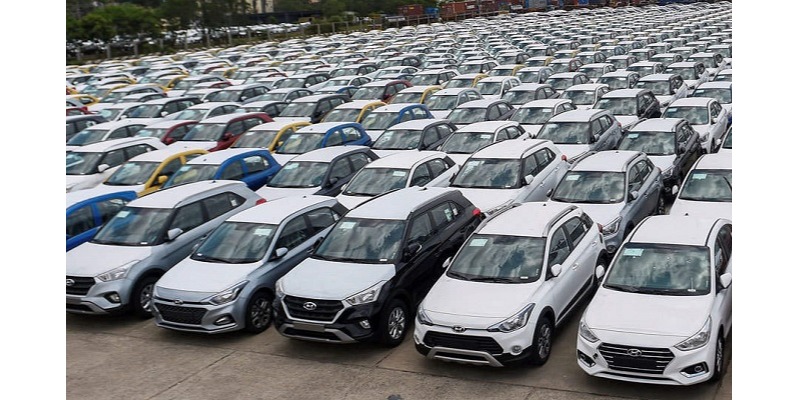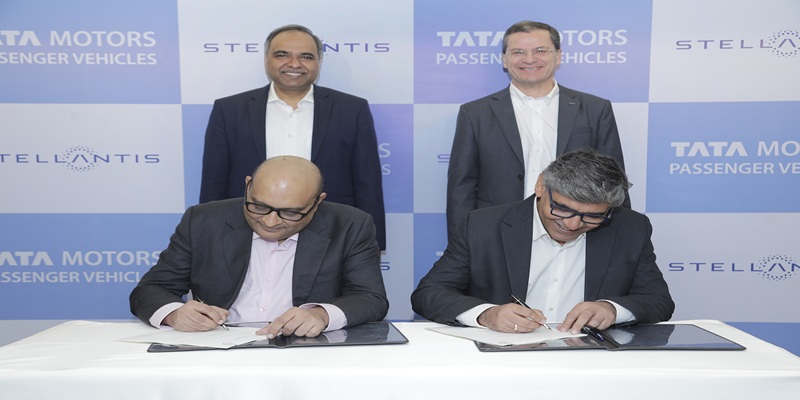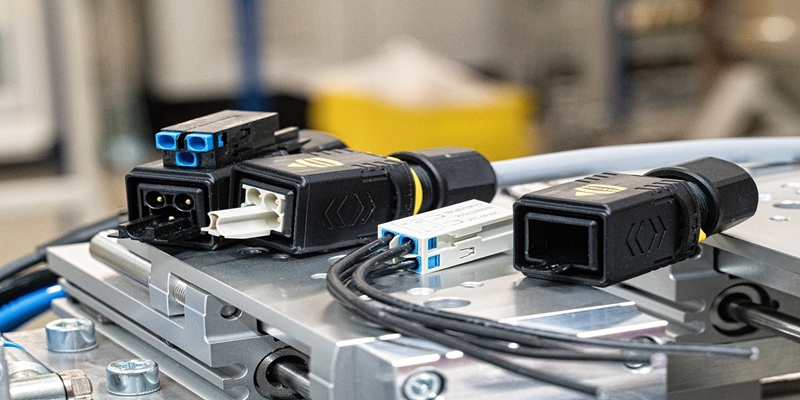Schedule a Call Back
Budget 2021's focus on economic revival to increase demand for automobiles
 Industry News
Industry News- Feb 05,21

Related Stories

Stellantis, Tata Motors Mark 20 Years of FIAPL Partnership
Stellantis and Tata Motors Passenger Vehicles celebrate 20 years of FIAPL and sign an MoU to expand collaboration in manufacturing, engineering and supply chain.
Read more
Minda Corp Posts Record Q3 Revenue of Rs. 15,600 Mn, EBITDA Improves
Minda Corporation reported its highest-ever quarterly revenue in Q3 FY2026, driven by strong demand, portfolio strength and improved margins, alongside key leadership appointments.
Read more
Spark Minda Appoints Ajay Agarwal as Group CFO
Spark Minda appoints Ajay Agarwal as Group CFO and KMP, effective 5 February 2026, expanding his leadership role across finance, strategy, digital transformation and investor relations.
Read moreRelated Products

Automotive Oil Pump
Kalpak Auto Pvt Ltd offers a wide range of
automotive oil pump.
Tata Motors unveils facilities for development of Hydrogen propulsion tech
Tata Motors, India?s largest automobile company, unveiled two state-of-the-art & new-age R&D facilities for meeting its mission of offering sustainable mobility solutions. The unveilings constitute of Read more
Tata Motors plans petrol powertrain for Harrier and Safari SUVs
Tata Motors is in the process of developing a new petrol powertrain for its premium sports utility vehicles, the Harrier and Safari, as confirmed by a senior company official. Currently, these models Read more














